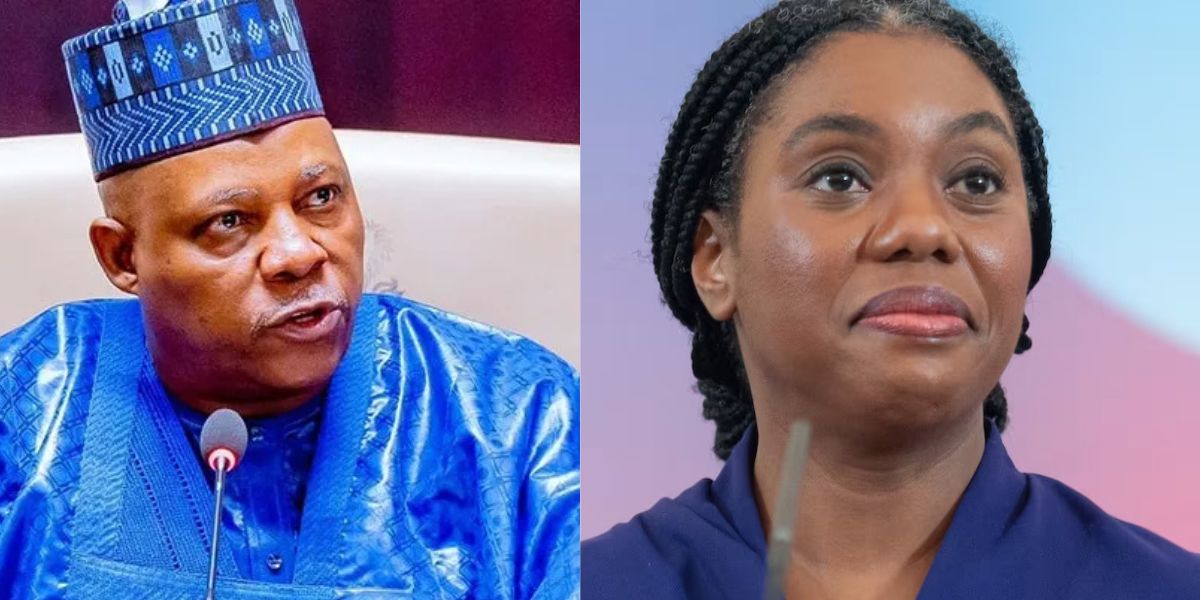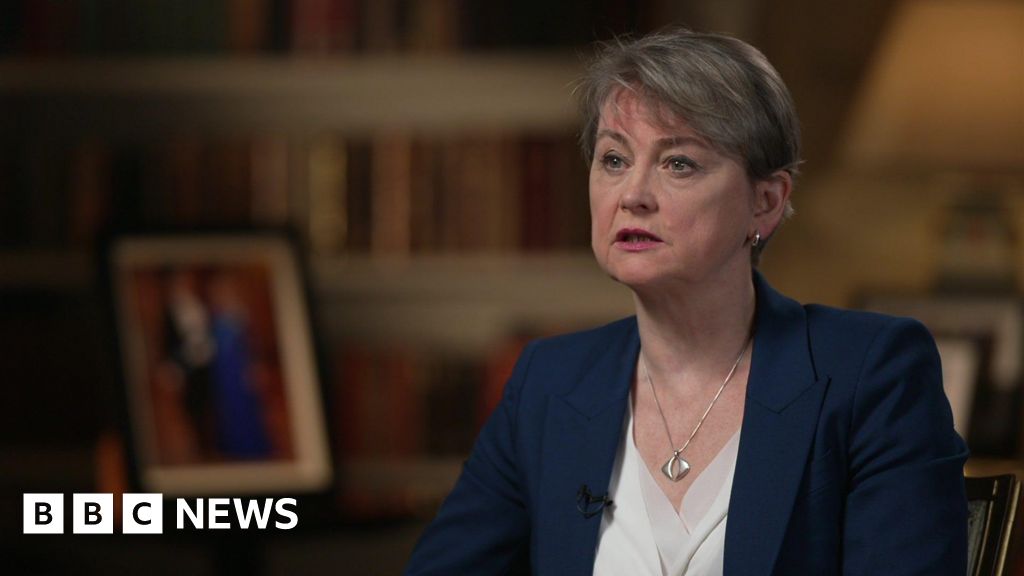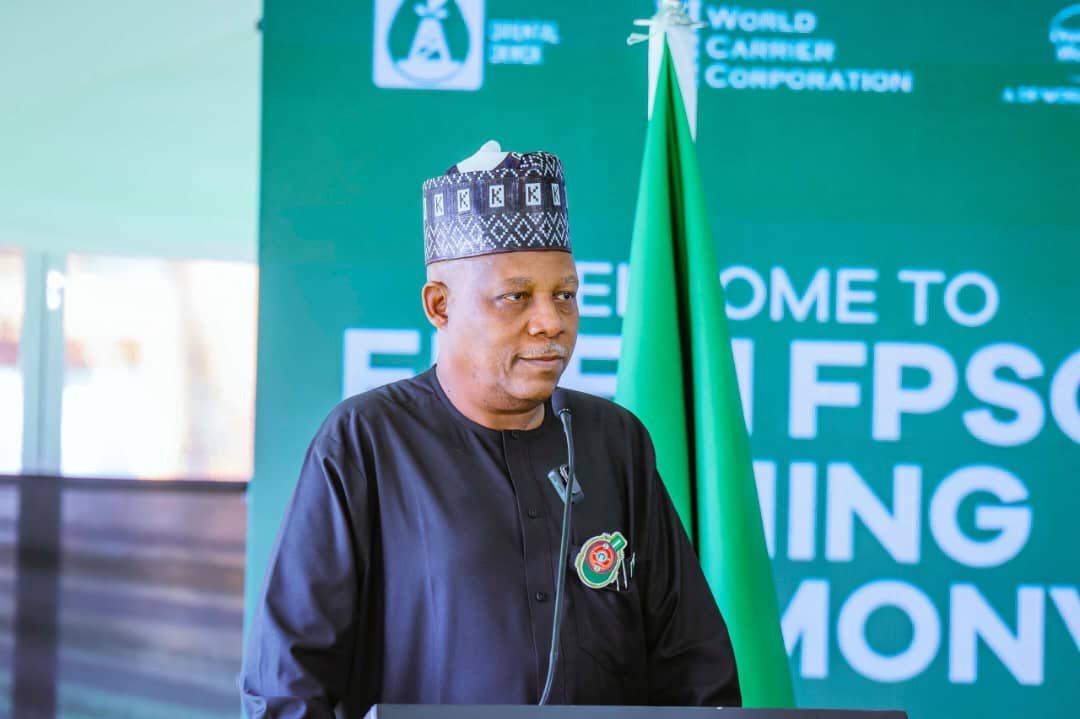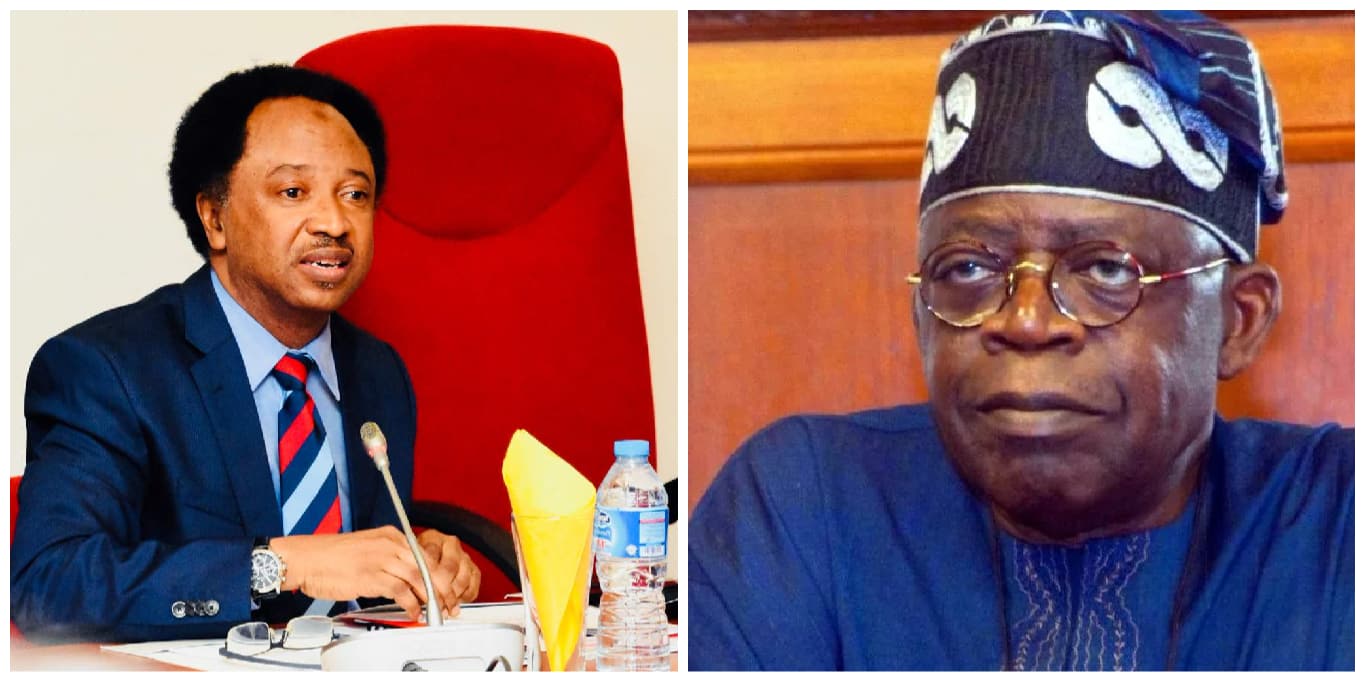Nigeria’s fragile power infrastructure continues to falter, with 12 national grid failures recorded in 2024 alone, prompting stakeholders to renew calls for the adoption of Distributed Energy Resources (DER), such as solar power, as a sustainable solution.
Stakeholders, who made the call at a webinar titled “Distributed Energy Advantage: Turning Energy Deficit into Renewable Opportunity”, organised by the Consumer Advocacy and Empowerment Foundation (CADEF), emphasised the urgency of transitioning to decentralised energy systems.
Executive director of CADEF, Prof. Chiso Ndukwe-Okafor, highlighted the economic and social toll of frequent grid collapses. “These failures are more than an inconvenience—they cost the economy between four percent and seven percent of GDP each time. The need for reliable energy has never been greater,” she said.
Ndukwe-Okafor, therefore presented DER solutions, particularly solar microgrids, as sustainable alternatives, adding that, “With DER, individuals and businesses can generate and store energy closer to where it is consumed, reducing dependency on the national grid. Solar microgrids offer reliability, scalability, and cost-efficiency, making them ideal for both rural and urban communities.”
To support this transition, CADEF launched an online platform to educate Nigerians about DER and connect them with resources and professionals. The foundation urged collaboration between public and private stakeholders to drive policy reforms, infrastructure upgrades, and financing schemes. “The shift to solar and DER isn’t just an option; it’s a necessity for sustainable growth,” Ndukwe-Okafor emphasized.
A system analyst, Alaba Abolaji Ojediran, provided sobering statistics on Nigeria’s energy crisis. “Our grid, built in 1962 for a population of 46 million, is now failing to serve 234 million. Since 2017, we have seen nearly 46 grid collapses. By comparison, countries like Brazil, with similar population sizes, experience far fewer failures due to their robust renewable energy mix,” he noted.
Ojediran emphasised that DER adoption could alleviate the strain on the central grid while unlocking economic benefits, adding that “Renewable energy accounts for only two percent of Nigeria’s energy mix. Increasing this share could significantly improve grid stability.”
Experts also stressed the importance of government intervention to accelerate DER adoption. Recommendations included tax incentives, import duty waivers for solar equipment, and net metering policies that allow individuals and businesses to sell excess power back to the grid.
An engineering lecturer at the University of Lagos, Dr. Mary Adedoyin, underscored the broader potential of renewable energy for Africa’s development. “Despite the upfront costs, the long-term benefits of transitioning to renewable energy far outweigh the challenges. Solar, wind, and hydro solutions can drive industrial growth and improve quality of life,” she said.
Renewable energy expert, Joseph Inyang advocated for a paradigm shift in energy policy. “Nigeria must embrace decentralisation, integrating storage solutions, energy efficiency measures, and technologies like artificial intelligence to optimise renewable systems,” he explained. He also highlighted the importance of feed-in tariffs and net metering to encourage investments in the renewable energy sector.

 2 hours ago
1
2 hours ago
1















 English (US) ·
English (US) ·